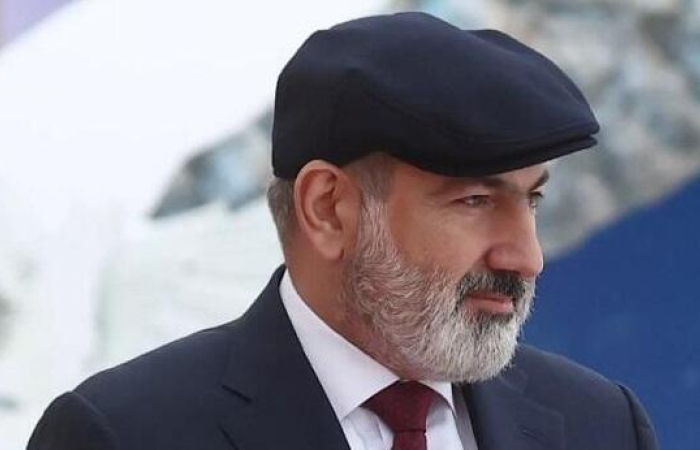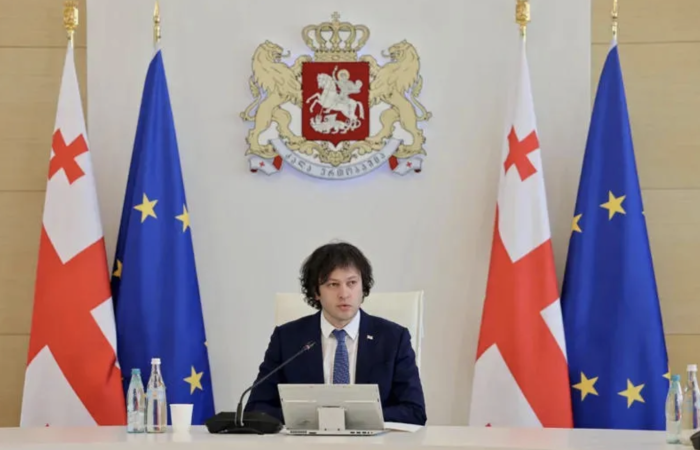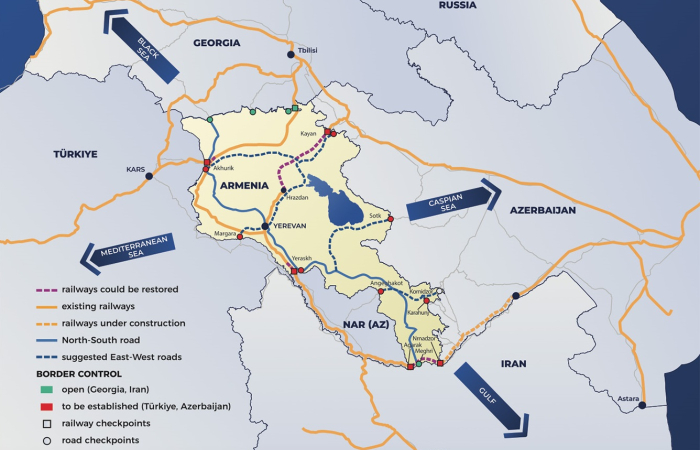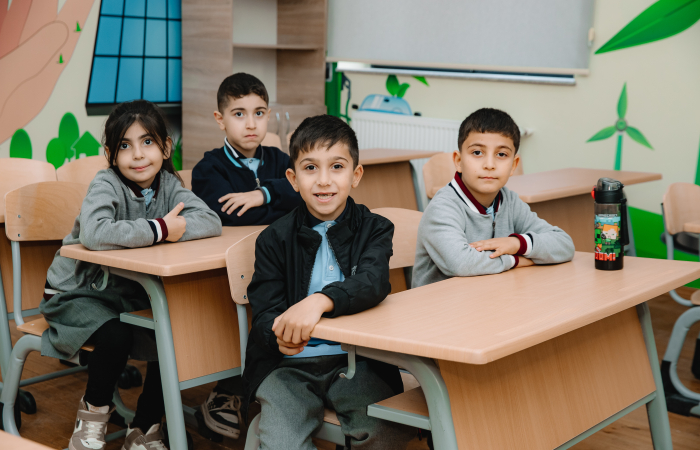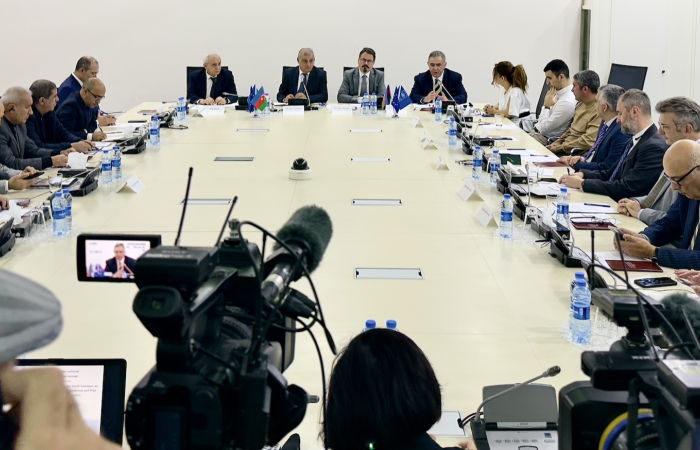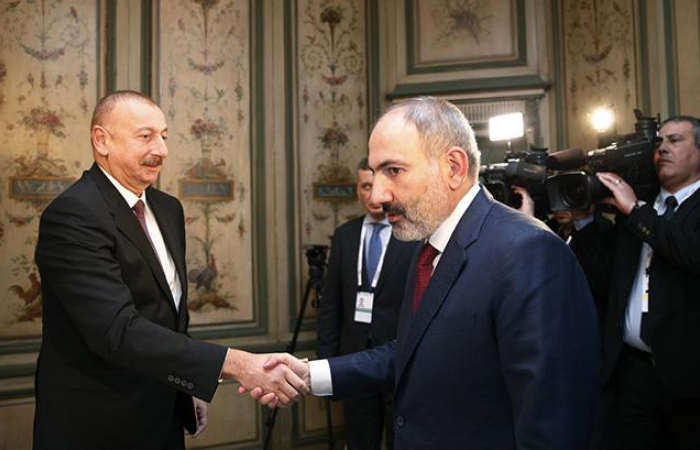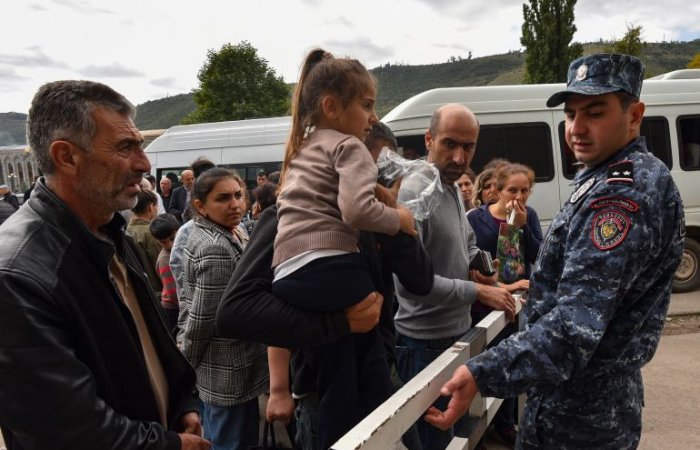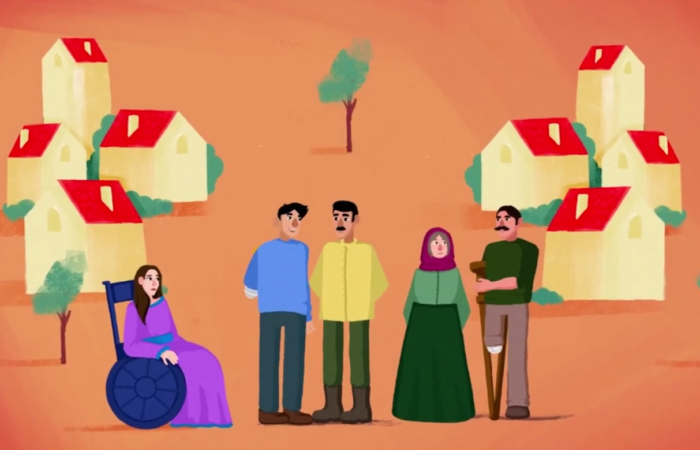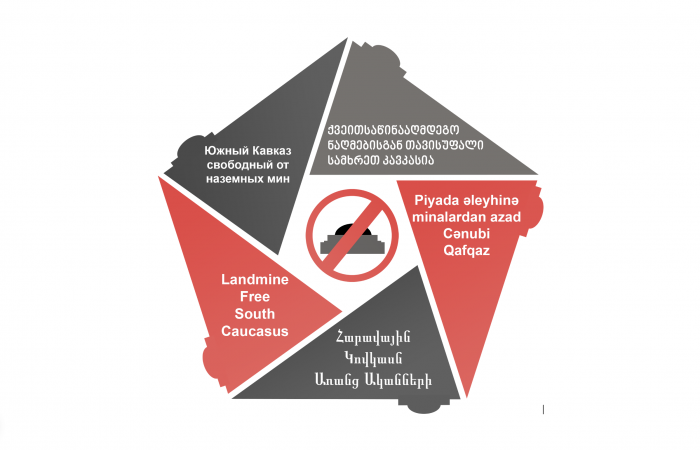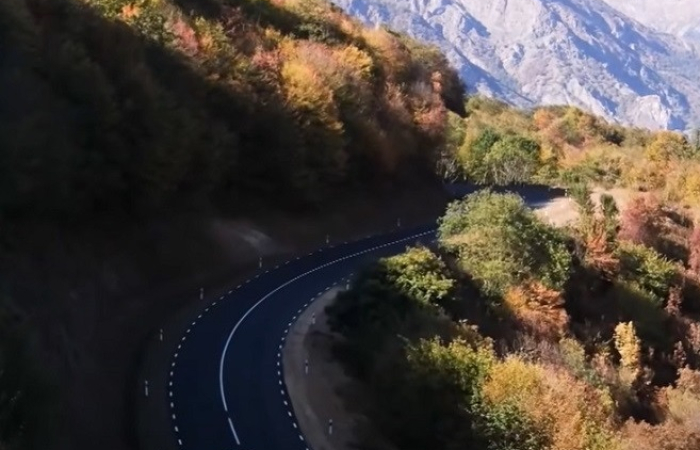Editor's choice
This is a members’ functionality. Please
Sign upEvent
Trending
Civil society organisations across the South Caucasus urge their governments to sign the Ottawa Convention on landmines
1 December 2023
Across the South Caucasus civil society organisations on Thursday (30 November) called on their governments to adhere to the Ottawa Convention that bans the use, production and sale of anti-personnel landmines. The call came during events held to mark the Day of Solidarity with the victims of landmines and other unexploded remnants of war in the South Caucasus.
In Baku, Azerbaijan, the Azerbaijan Campaign Against Landmines (AzCAL) hosted an event during which it presented its report "Landmines are the most serious obstacle preventing Azerbaijani IDPs from exercising their right to return to their homes"
During the meeting those present also heard testimonials from three persons from Tovuz region and Aghdam who had suffered life changing injuries by landmines. A number of civil society organisations also spoke at the event. The guest of honour at the event was the British Ambassador to Azerbaijan, Fergus Auld. He reiterated the commitment of the British government to work to eradicate the problem of landmines globally, and in Azerbaijan and the South Caucasus in particular. Ambassador Auld said the UK government calls on the governments of the region to sign the Ottawa Convention as an expression of their commitment for a landmine free South Caucasus.
In Tbilisi, the Tbilisi School for Social Research hosted an event during which the remaining problem of landmines in Georgia was discussed. Giorgi Arziani, Director of the Tbilisi School for Social Research spoke of the costs that anti-personnel landmines inflict on civilians' security and how landmines hamper the economic development of the communities that live close to the landmine fields.
Two video reports were shown to participants, including one on the situation with the mine field near the Red Bridge which was followed by a presentation by Irakli Chitanava from UNDP.
Speaking on line from Baku, LINKS Europe Executive Director, Dennis Sammut made a public appeal to Georgian prime minister Irakli Garibashvili to take a personal interest in the matter of the Red Bridge minefield. Dennis Sammut said that it was a shame that the area near the Red Bridge - the point where Armenia, Azerbaijan and Georgia are connected - is a minefield. He called for this to be transformed into a peace park. Dennis Sammut said that the current situation could be explained in the past due to the Armenia-Azerbaijan conflict, but now, with the peace process in motion, and with the prime ministers of the three countries meeting recently in Tbilisi, there should be a new beginning. Dennis Sammut called on prime minister Garibashvili to integrate the Red Bridge minefield issue in his Peaceful Caucasus initiative and make this a tangible example of the new begining.
The event in Tbilisi was also addressed by Godfried Hanne, Head of the Regional Office of the EU Special Representative for the South Caucasus who spoke about the work of the European Union in support of a landmine free South Caucasus.
In Yerevan, Armenia, the NGO Television station CivilNet ran a long interview on the problem of landmines in Armenia and in the wider South Caucasus with Benyamin Poghosyan. In the interview Benyamin Poghosyan urged all concerned to focus on the humanitarian aspect of demining and said that the matter should be depoliticised, and the focus turned to the victims of landmines and their families and communities.



